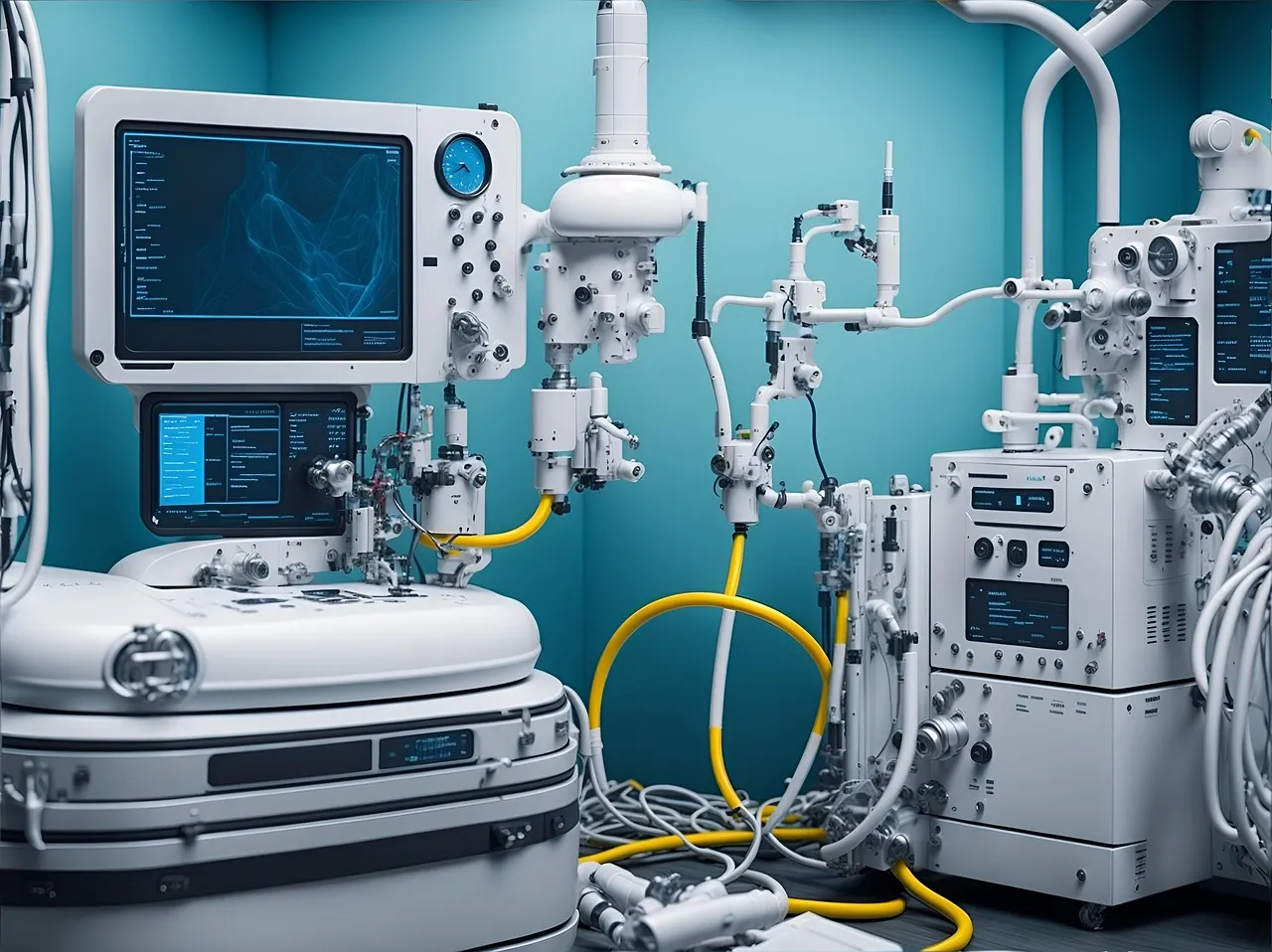Artificial Intelligence, or AI for short, is changing many things in our world and healthcare is one of them. AI simply means machines or computers that are built to think and learn like humans. In healthcare, AI is helping doctors, nurses, and hospitals do their jobs faster, better, and more accurately.
One of the most exciting ways AI is being used is in diagnosing diseases. Normally, doctors look at tests like X-rays or blood results to figure out what’s wrong with a patient. But with AI, computers can now help with this. For example, AI can look at thousands of X-ray or scan images and spot early signs of diseases like cancer or pneumonia even before a human doctor might notice. This means patients can get treatment earlier, which can save lives.
Another helpful area is treatment planning. Every patient is different, and what works for one person might not work for another. AI can study a patient’s health history, test results, and even their genes to suggest the best treatment for them. In cancer treatment, for example, AI can help doctors decide what drugs or therapies might work best for a specific type of tumor. Some robots powered by AI are also being used in surgeries to help doctors operate more safely and with greater precision.
AI is also great at predicting health problems before they happen. Hospitals are now using AI to look at patients’ records and warn doctors if someone is likely to get seriously sick. This allows the medical team to act early and maybe even stop the illness before it becomes serious. For example, AI can alert doctors if a patient is likely to get a heart attack or need to come back to the hospital soon after being discharged.
Apart from helping with treatment, AI is also making life easier on the administrative side of healthcare. It can help with tasks like booking appointments, keeping records, and handling insurance paperwork. Some hospitals even use AI chatbots to answer simple health questions or remind patients to take their medicine. This helps save time for both doctors and patients.
Even though AI is doing amazing things in healthcare, it’s not perfect. One big concern is privacy. AI systems need a lot of data to learn and work properly. But health data is very personal, so it’s important that it stays private and secure. There are also worries about fairness. If AI is trained with biased or limited data, it might not work equally well for everyone. For example, if it only learns from data about older people, it might not work well for children or young adults.
Another challenge is that some AI systems are like a "black box" they make decisions, but it’s hard to understand how they did it. Doctors and patients need to trust AI, so researchers are working to make these systems more open and easier to explain.
AI is changing healthcare in powerful ways. It helps find diseases earlier, gives better treatment suggestions, makes hospitals more efficient, and can even prevent health problems before they start. While there are still challenges to fix like privacy and fairness AI has the potential to make healthcare better and more available to everyone.
As technology keeps improving, AI will likely play an even bigger role in helping us live healthier and longer lives.

